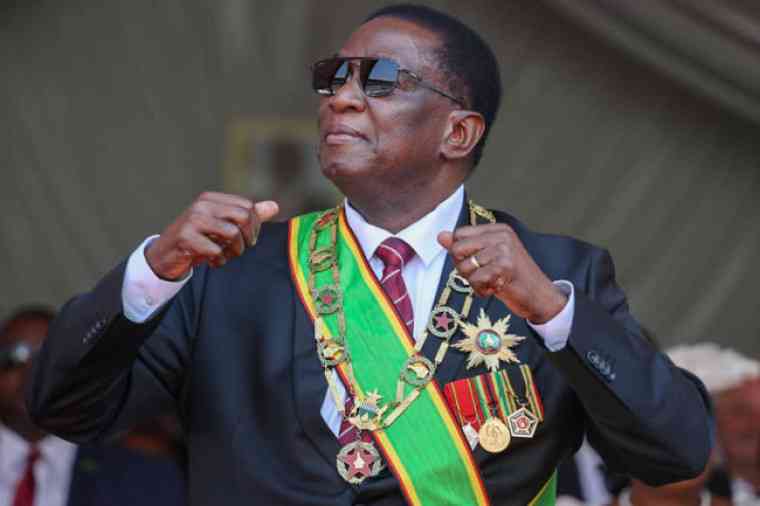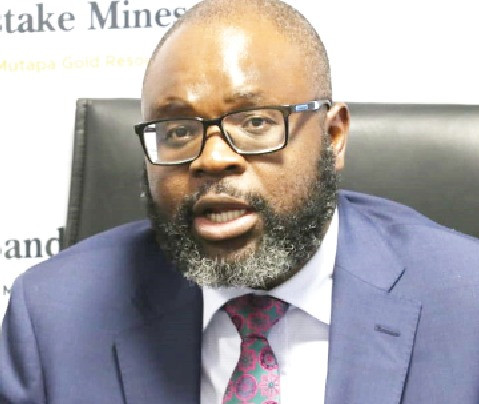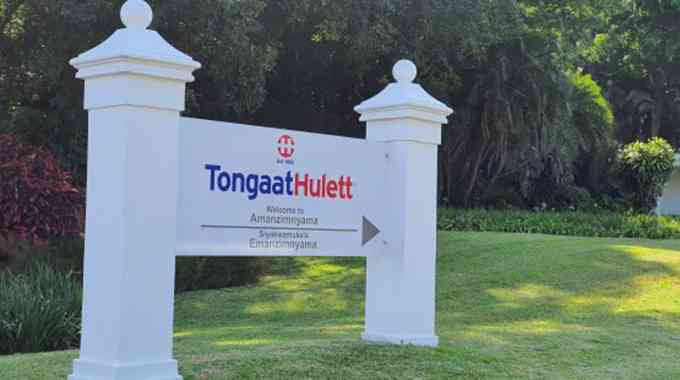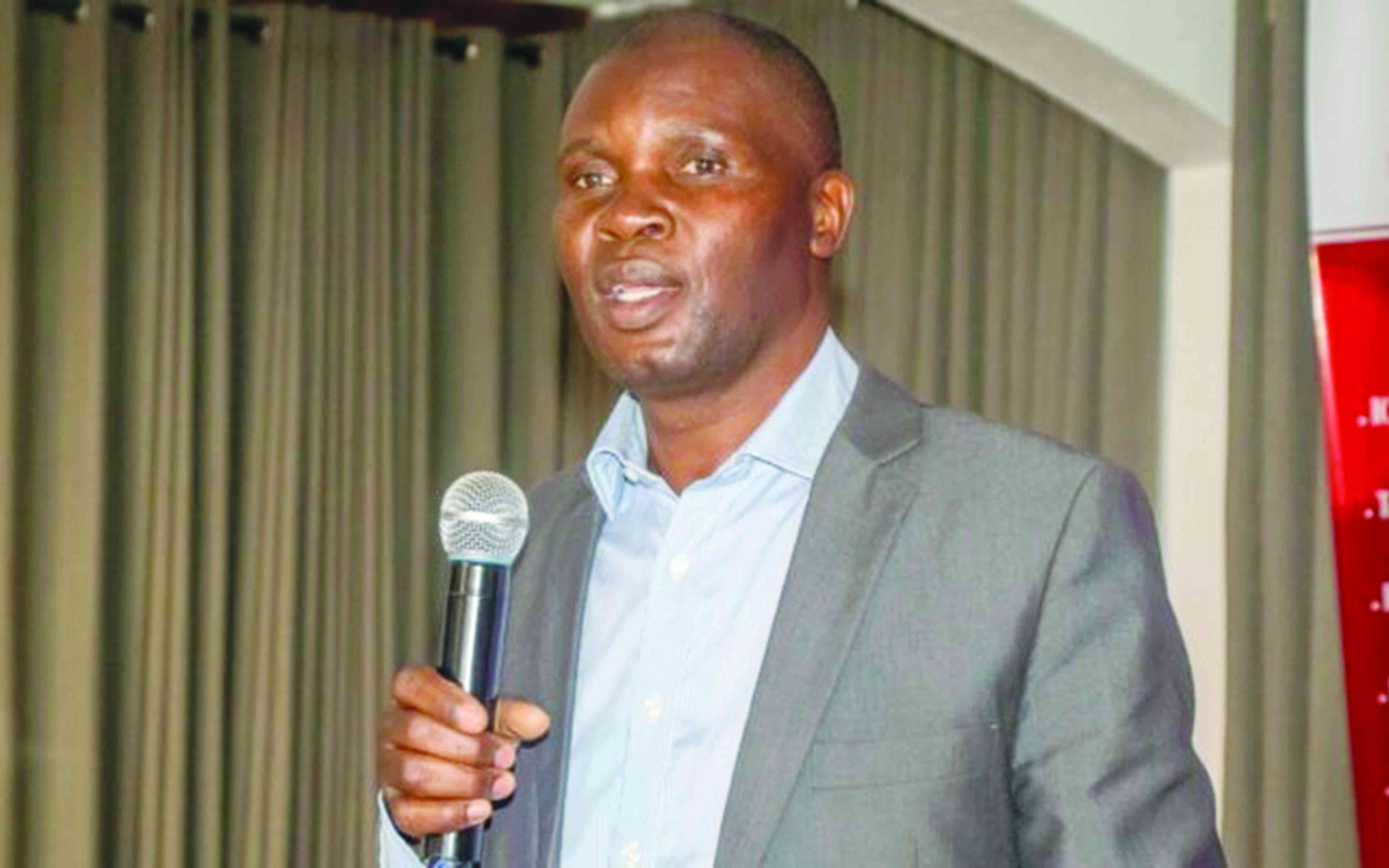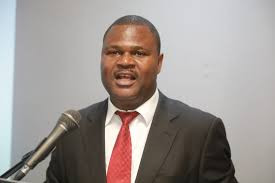
BUSINESS leaders and top economists yesterday renewed calls for government to scrap its 2030 mono-currency target, warning that forcing a return to a sole local unit would be a grave economic misstep.
Their concerns dominated discussions at the Zimbabwe Independent’s 2025 Banks & Banking Survey and awards ceremony, where executives from the banking, manufacturing and property sectors reignited one of the year’s most contentious policy debates.
At the heart of the dispute is government’s plan to restore a single local currency by 2030, an experiment Zimbabwe has enforced and abandoned at least twice since 2009.
Under the plan, the ZiG would become the sole medium of exchange within five years.
Zimbabwe first dollarised in 2009 after hyperinflation, estimated at 500 billion percent, wiped out the local unit. A 2019 re-dollarisation effort later collapsed under renewed inflationary pressures and exchange rate instability.
Yesterday, business leaders cautioned that any future transition must be driven by market fundamentals, not political timelines.
Confederation of Zimbabwe Industries (CZI) chief economist Cornelius Dube said the 2030 deadline was unrealistic.
“If our approach is market-led, then that means 2030 should be informed by the market ... it cannot (be said to) be market-led when we are talking about 2030. I think 2030 is the problem here,” he argued.
- Village Rhapsody: Govt must ensure that devolution works
- Village Rhapsody: Govt must ensure that devolution works
- Currency crisis hits capital markets
- Worthless Zim dollar notes clog banks
Keep Reading
“We might also want to know where 2030 came from. It used to be 2025,” he added, saying it was unlikely Zimbabwe would achieve a mono-currency system before 2035.
Dube said the overwhelming dominance of the United States dollar in domestic trade made it difficult for the market to gain confidence in the ZiG.
“The market is not ready for that. And if you are listening to the market, obviously, I’m sure you’re going to make revisions to it,” he said.
“I think you also have a very big problem. If you google mono-currency, you’ll only find it in reference to Zimbabwe. It is the only country in the world that talks about mono-currency. There’s no country that has a mono-currency.”
WestProp Holdings chief executive Ken Sharpe compared Zimbabwe’s situation to Israel’s long road to de-dollarisation.
“If you take Israel, for example, as one of the countries that successfully de-dollarised, it took 20 years before they were confident enough to introduce the local currency as the main currency,” Sharpe said.
“We cannot compare ourselves to Jews. The Jews have the money. If they have all the money in the world and it took them 20 years, how can we do it sooner? Let us be realistic about the goals.”
He warned a truly market-driven approach required market freedom.
“The demand and supply of an economy is based on the freedom of the market. It cannot be forced,” Sharpe said.
He also noted that uncertainty beyond 2030 was already affecting lending decisions.
“The banks will not extend loans beyond 2030, it is impossible,” Sharpe added.
Economist Gift Mugano said government could not “legislate” trust in a currency.
“Now, the informal sector is 80% minimum. The possibility of going back through cycles of local currency and US dollars is very limited now because of the ‘mattress bank’,” he said.
“They (informal market) are going to hold US dollars.”
Mugano said ZiG was virtually absent in the informal sector.
“They do not know it on the ground, but you are talking about a 15% national average (ZiG circulation). You are data-driven, but you must also include the informal sector,” he argued, adding that Zimbabwe’s debt crisis and liquidity shortages continued to undermine confidence.
In defence of the policy, Reserve Bank of Zimbabwe Monetary Policy Committee member Persistence Gwanyanya said tough choices were unavoidable.
“No country was able to sustain dollarisation forever. The future is not for those who do not take bold decisions,” he said.
“We have a future to play, and we have hard choices to make. A deadline has arrived, which ostensibly would have to align with Vision 2030.
“The journey is going to be spelt out and rolled out this month. We are speculating about a journey. The timelines were given and were given for previous circumstances. The journey is coming.
“We can take a cue that the thrust of the journey is going to listen to the market,” he added, without elaborating.
RBZ director of economic research, modelling and policy Nebson Mupunga said authorities were working to ensure monetary and fiscal cohesion to enable a smooth, market-friendly transition.
“We have taken note of the concerns. The Reserve Bank is a listening central bank. So, I think there’s consensus from us, that this process should be market-led.”
“We are on a positive trajectory in terms of meeting some of those conditions. Currently, we are at around US$980 million and hope to end the year above US$1 billion, equivalent to about 1,2 months of import cover,” Mupunga said.

